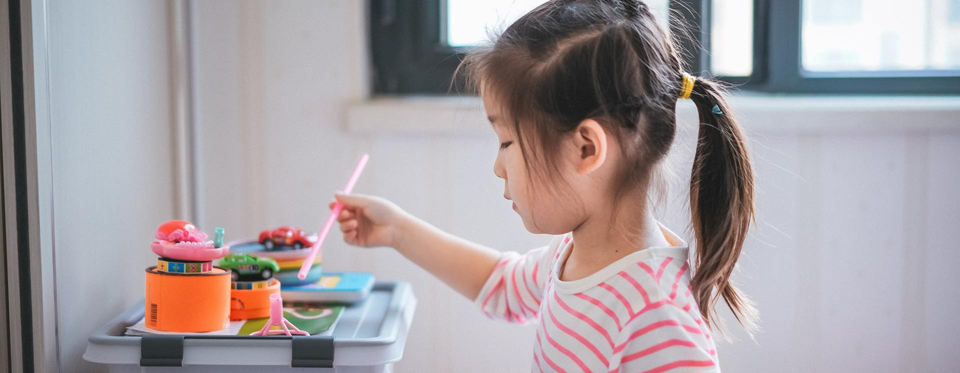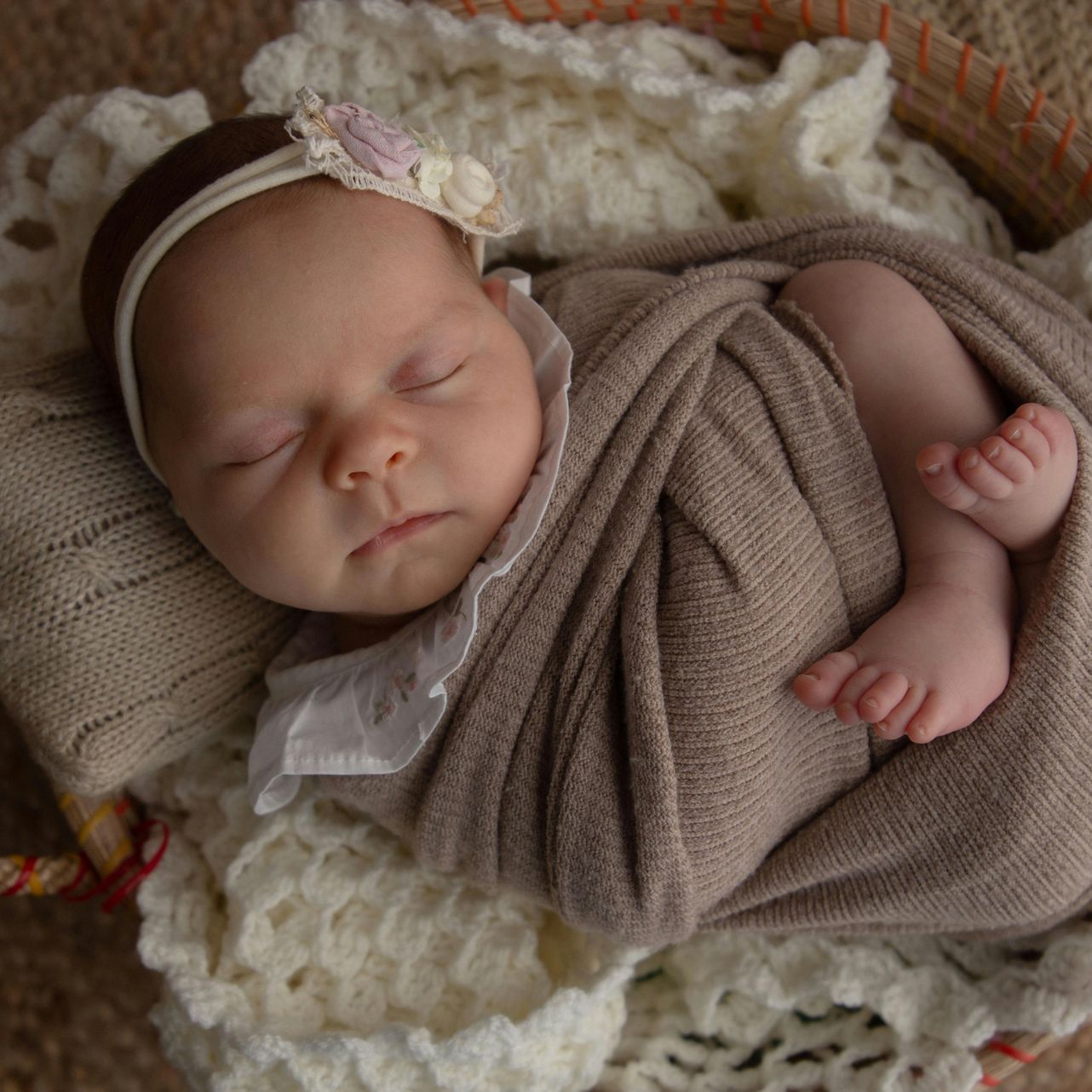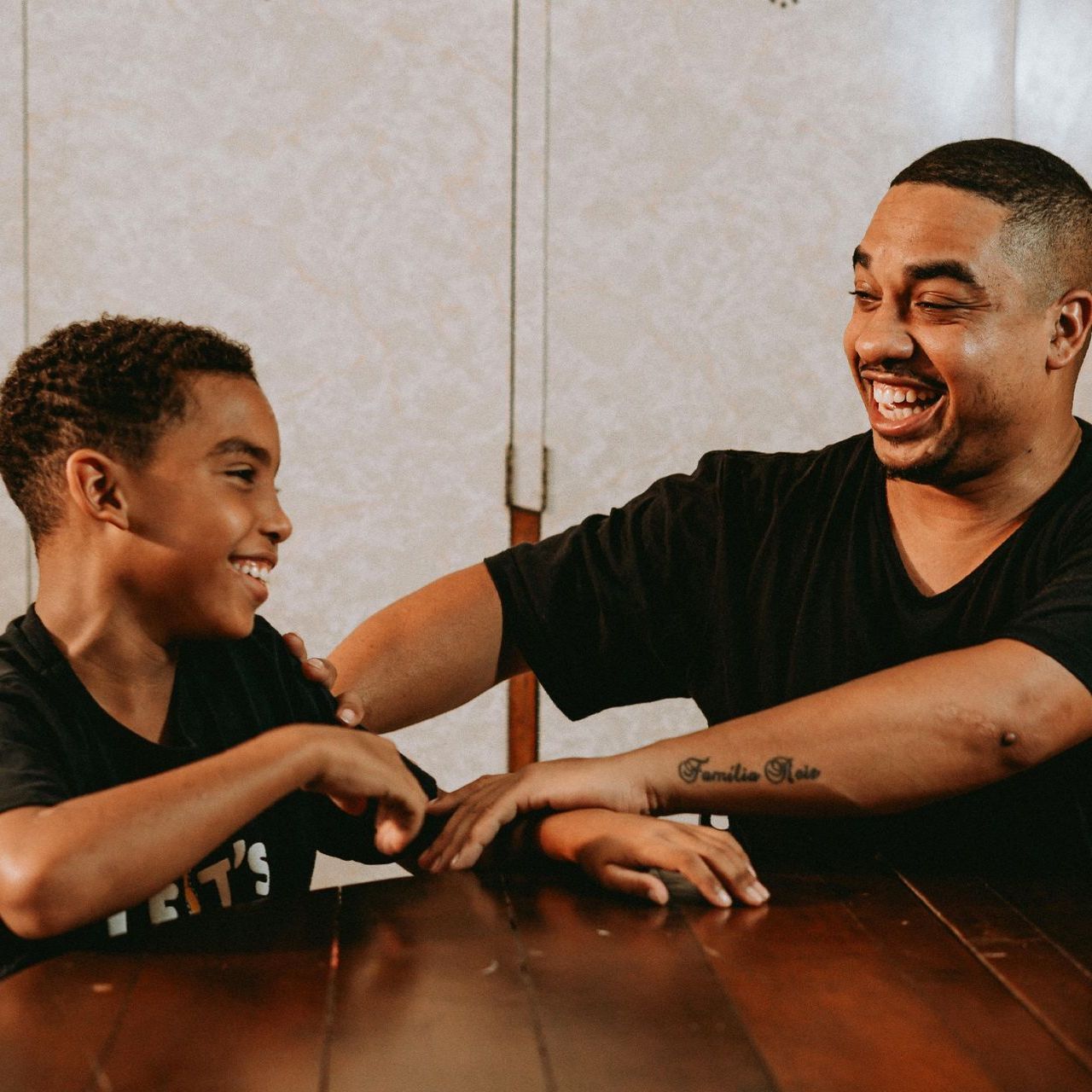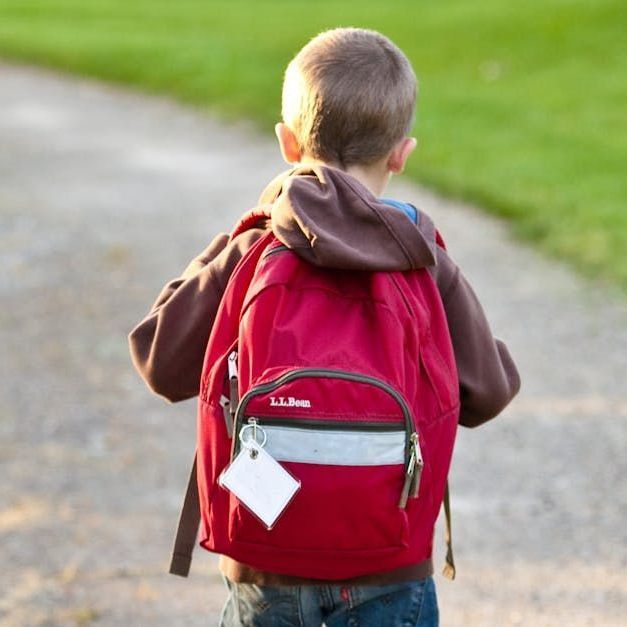Spotting Early Symptoms and Signs of Autism in Children
April 15, 2021

Autism can start to show up as early as infancy, but many autistic children can be symptom free until they are around 2 years old. In most cases, signs of autism begin to show before the age of three.
Early Signs of Autism
There are several categories of autistic behaviors to consider as a parent. Is your child experiencing social difficulties such as not responding when their name is called during their first full year of life. Maybe their symptoms are related to their ability to communicate with you or their friends. Sometimes parents will notice unusual behaviors or interests such as strong reactions to sensations like sounds, smells, tastes or textures. Our recommendation is to monitor and document your child's behavior if you are concerned. Share your observations with your pediatrician early and often so they are aware of your concerns.
Here are some things to look for in each category mentioned above:
Social Difficulties
- Avoiding eye contact or not looking at people
- Not responding to their name before the age of 1
- Trouble understanding and talking about emotions
- Avoiding cuddling or hugging
- Appearing not to hear when others speak to them
- Not understanding how to interact with others
Communication Challenges
- Delayed speech or language skills
- Repeating the same words over and over
- Not answering questions or giving unrelated answers
- Use of strange tones in their voice such as flat tone or sing-songy tone
- No use of gestures or pointing to communicate
Unusual Behaviors or Interests
- Obsessive interest in certain objects or items
- Being more interested in objects than people
- Strong reactions to sensations like sounds, smells, tastes or textures
- Getting upset by changes to their routine or environment
- Repetitive movements like flapping their hands or rocking back and forth
What do I do if my child shows symptoms of autism?
If you are concerned your child has autism, you should make an appointment with your pediatrician. Autism is diagnosed through watching your child’s behavior. Your pediatrician can identify signs that may mean your child has autism and refer you to a pediatric neurologist who specializes in autism.
Your pediatrician may also identify signs of autism in your baby during their newborn visits. We encourage all parents to never miss their child's wellness visit, regardless of age. It's important that their pediatrician stays current with your child's health, growth and development.

Thanksgiving is a cherished tradition, an opportunity to gather with family and friends to celebrate gratitude for the many blessings in our lives. Whether you're traveling to visit relatives or hosting a festive dinner at home, preparing for Thanksgiving can be a joyful yet daunting task, especially for parents.

Getting your kids outside more, engaging them in calisthenics, and encouraging them to think about their eating doesn't have to be a chore—for you or for them! By making these activities fun, creative, and interactive, you’re not only helping your children develop healthy habits but also creating memorable family moments.








